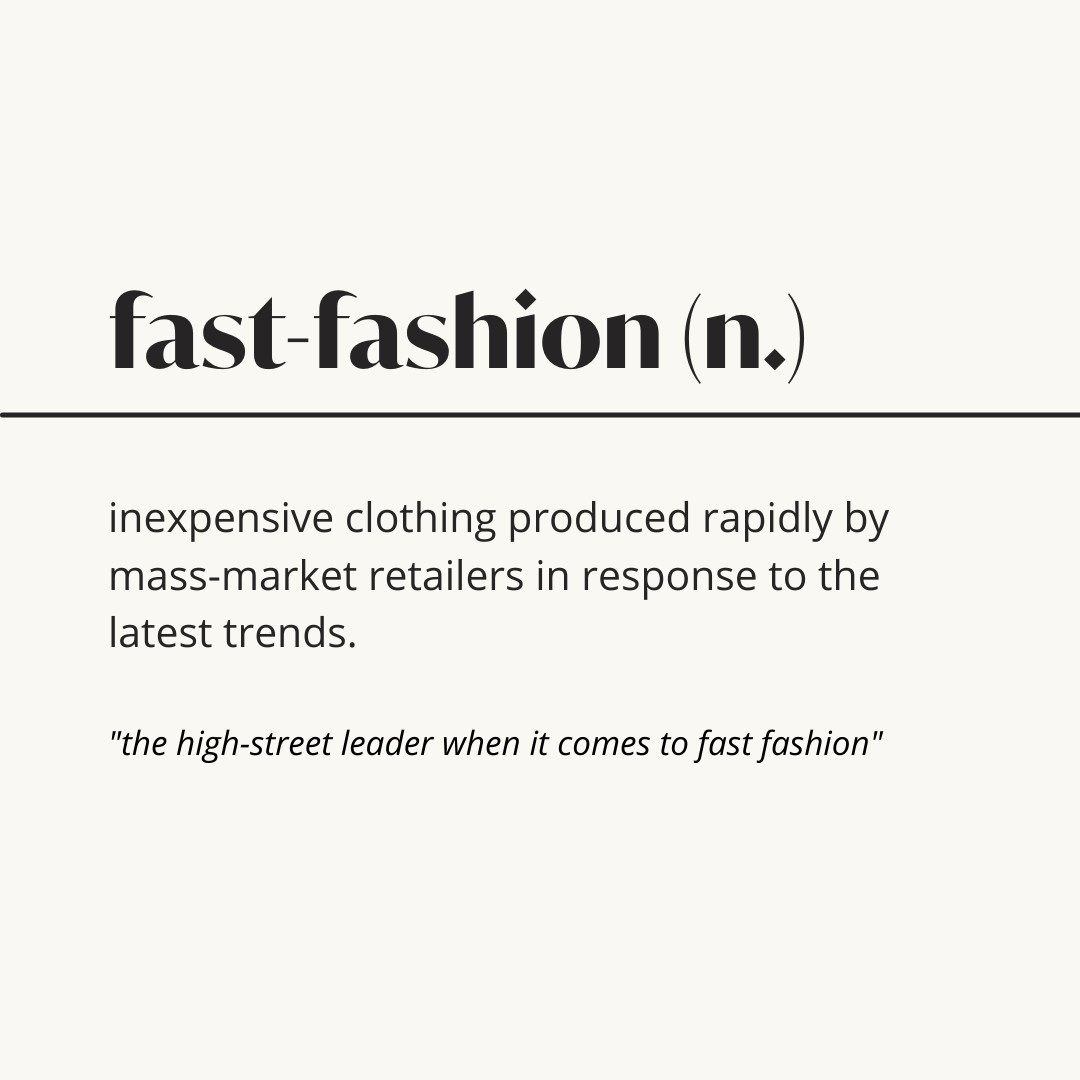Apr 15
Is Buying Clothes Inherently Bad?
No, not really... kind of... sometimes?
_1647982561867.jpg?alt=media&token=5422e179-7a2a-4110-94e7-b926c10af0b0)
Sustainability and ethics were not terms widely associated with the fashion industry until very recently. With an increasing amount of fast fashion brands coming under scrutiny, more people are beginning to opt for purchasing from small(er) businesses with more transparent, ethical and sustainable modes of production. And you know the drill-- the increase in demand equals an increase of such businesses. This paradigm shift allows for consumers to virtually replace their entire wardrobe with ethically sourced alternatives of the items they already own.
Even for those of us who have had troubles holding on to any knowledge in the past year, grasping the marketing strategy of fast fashion brands is pretty straightforward: sell, sell, sell. Fashion giants like Zara release new mini-collections almost every week, insinuating that trends circulate quickly and ingraining a necessity to keep buying new items to stay ‘trendy’. I know, I’ve been there too, I mean who’s to judge me if I want the plaid overshirt jacket in all four colours?
While the goal of any business is to increase sales and ultimately profit, this is where you come in. In a conversation regarding slow fashion, Despina, owner of Green Spirits, shared how important it is to know and understand your values and what is important to you. This self-awareness can then allow you to opt for businesses which share the same values as you. It all comes down to mindfulness; while it is great to support such brands, that doesn’t necessarily mean trashing your entire wardrobe in order to replace it with sustainable alternatives. The key word here is slow fashion; a large part of it is about making a slow transition and only purchasing items which you really need.

By now everybody and their mothers has heard of Marie Kondo (if only I was as committed to actually decluttering my wardrobe as I was to watching her do hers… anyways), lots of people will agree that decluttering your wardrobe and living space are part of the first steps to transitioning to a more sustainable life. Step two, is building your capsule of basics: think-- white and black t-shirts in different lengths (I know, yawn, but you gotta do it), and step three, spicing it up with some statements. Here opting for sustainable alternatives is productive, as your purchases automatically become more conscious and mindful. However, if you take some time to consider each purchase instead of jumping onto every opportunity of an impulse buy (and that’s so easy to do with the hundreds of ads we scroll past daily), you could turn a fast fashion item into a timeless piece that you can hand down to your grandkids one day.
It all boils down to mindfulness, both as a consumer and producer. As consumers we need to understand what we're buying and why we're buying it: is this something I really need? will I use it to its full potential and for many years to come? do the brand's ethics 'tick' all my boxes? am I just in need of a temporary dopamine fix? So no, fellow Wherer, buying new clothes doesn’t make you a bad person… I guess as long as you’re not buying every Zara collection out there. But who am I to tell you what to do with your wardrobe? My only ask is don’t forget about that old-new top in the back of your closet, she’s feeling a little unloved lately. Hey, maybe try styling her with Whering?